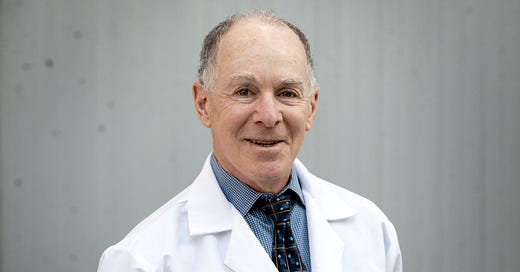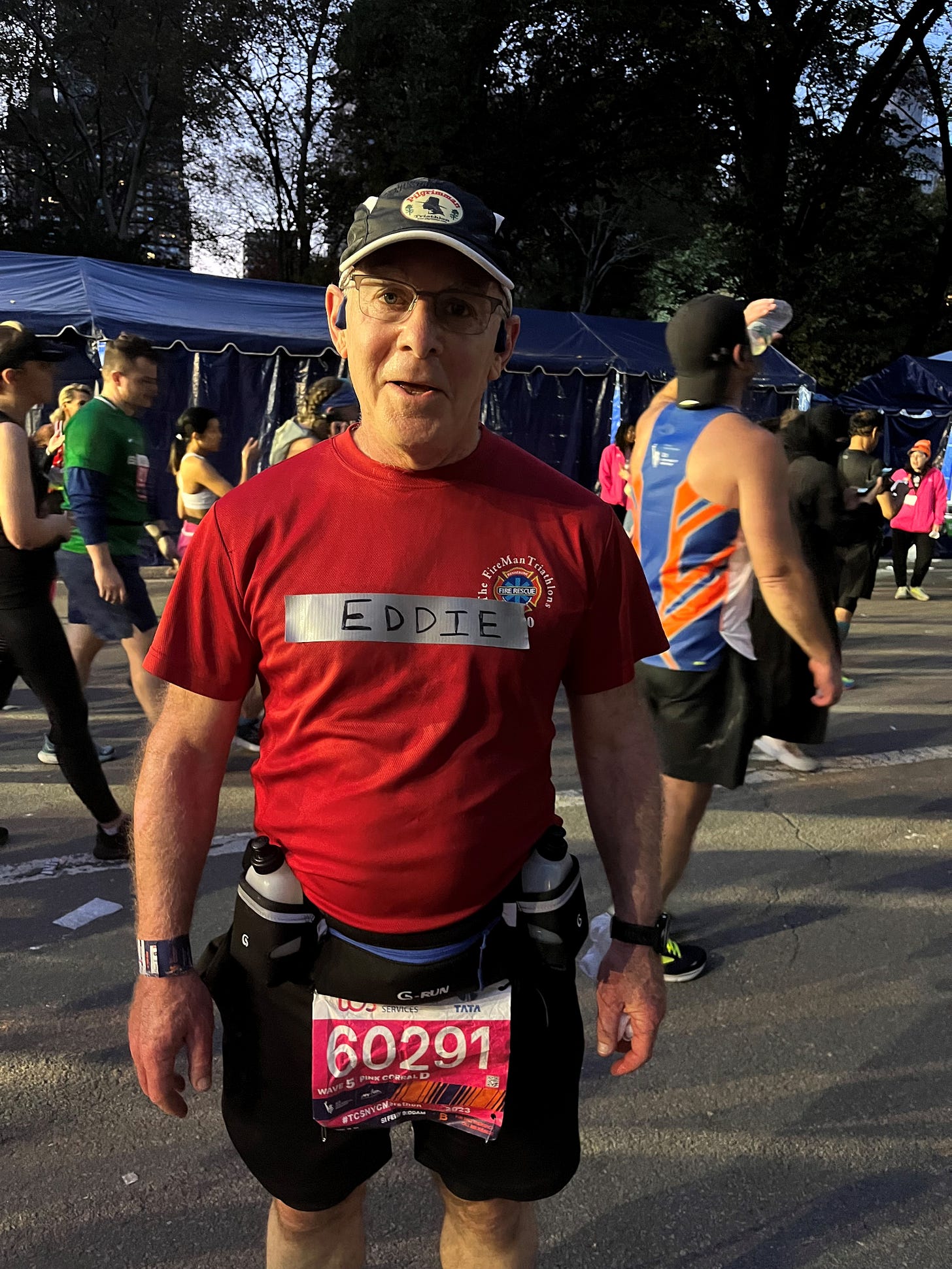Off the Page: Featuring Dr. Edward M. Phillips
"My creative process occurs most readily while I am in motion."
For over two decades, I have supported writers as an editor, publicist, and mindfulness-based book coach at various publishing houses, universities, corporations, and organizations. Through this journey, I’ve discovered that the quality of a writing life extends far beyond merely putting words on a page. It encompasses all the activities we engage in when we’re not writing. This insight inspired me to create Off the Page: Conversations About Writing as a Practice, where I feature writers sharing their diverse routines—from yoga and meditation to walking, reading, and even Olympic weightlifting. There’s no one-size-fits-all approach to writing, and there are as many ways to forge a writing life as there are humans on the planet.
This week, I’m honored to feature the trailblazing Dr. Edward Phillips, Associate Professor of Physical Medicine and Rehabilitation at Harvard Medical School and Director of the Institute of Lifestyle Medicine at Spaulding Rehab. I’m thrilled to join him at the upcoming Care for Caregivers retreat at the Kripalu Center for Yoga & Health, January 24-26. Discover more here!
ABOUT: Edward M. Phillips, MD, Associate Professor of Physical Medicine and Rehabilitation at Harvard Medical School and Director of the Institute of Lifestyle Medicine at Spaulding Rehab, has run 27 live CME programs attended by more than 25,000 clinicians from 115 countries. He is guiding a broad-based effort to reduce lifestyle-related death, disease, and costs through clinician-directed interventions. He has about 100 scientific publications and more than 4.5 million downloads of his podcast “Food, We Need to Talk”
Lisa Weinert: How is writing used in medicine?
Dr. Eddward M Phillips: The practice of medicine is at once a narrative process of listening deeply to the patient’s story and then tailoring care to help the individual reduce their pain, improve their function and hopefully ameliorate or cure their ailment. We set down the confidential details in the patient’s record, but we can then anonymously share their wisdom and inspiration with others through writing their story and reflecting on how it affects our lives.
LW: What role does movement play in your writing life? Do you return to any somatic practices, mindfulness exercises, or other rituals before or after you write?
EP: My creative process occurs most readily while I am in motion. Extended sets in the pool, bike commuting to work, or, in the long run, just enough boredom to allow my imagination and creativity to kick in.
LW: What role does meditation play in your creative life?
EP: I don’t do enough formal meditation (despite seemingly endless classes and multiple attempts to practice regularly). However exercise and movement serve as a moving meditation.
LW: Where do you find inspiration?
EP: I find inspiration from my encounters with patients. They share endless stories of perseverence and positivity despite sometimes desperate situations. I work very hard to deeply connect with my patients and to explain what is confronting them as simply and as empathetically as possible. I then try to translate my explanations, stories and philosophy into my writing for a broader audience.
LW: How has sharing your work changed your life?
EP: As rewarding as clinical care can be it is still a one-on-one retail operation. Writing helps me share the message wholesale to a broad audience. I also love sharing these experiences and messages through my podcast, “Food, We Need to Talk” to an even broader audience.
LW: What writers have influenced you the most?
EP: I love reading (or listening) to novels that simultaneously take me to a different time and place while highlighting the universal nature of the human condition. Rivalries and friendships, challenges and triumphs were shared by four women on Masada in 72CE in the Dovekeepers as much as they do today in the stories of my patients and my life.
LW: What book are you excited to read next?
EP The Lincoln Highway by Amor Towles.
LW: Is there anything else you’d like us to know?
EP: We all have stories and we all need for those stories to be told.





